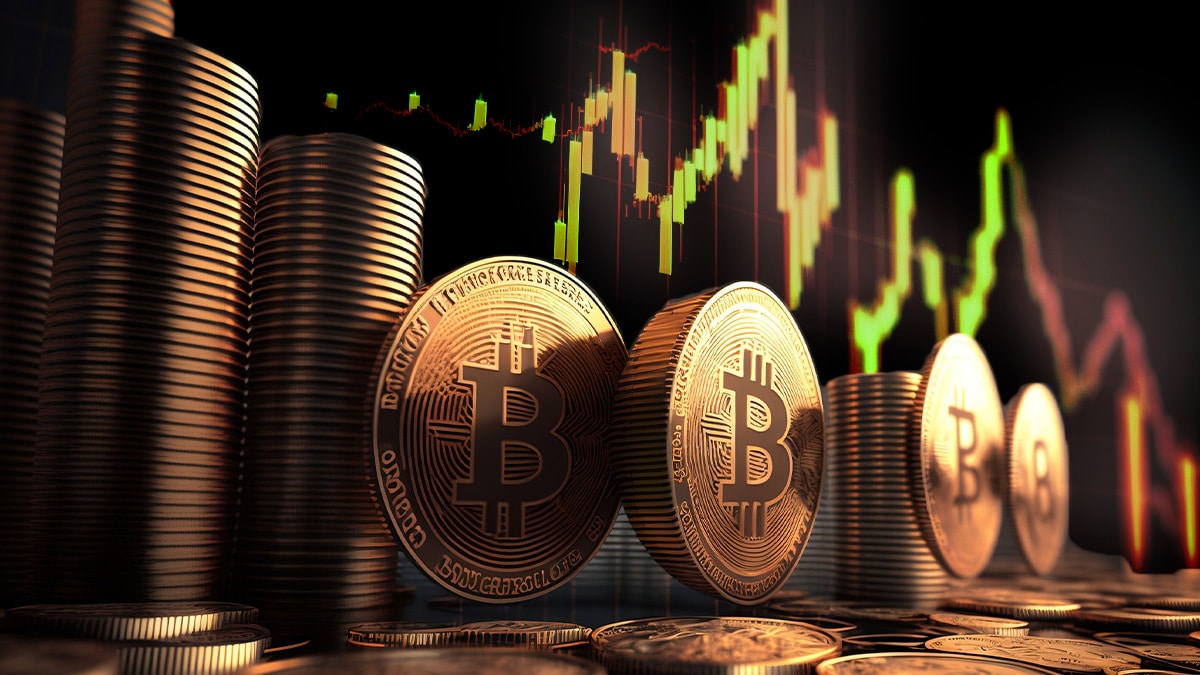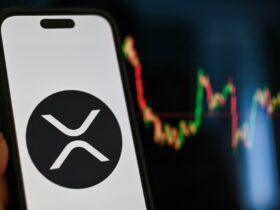Yesterday, the United States was the protagonist of a cataract of new government and regulatory provisions related to bitcoin (BTC) and cryptocurrencies. However, the majority did not happen until the evening, when the stock markets were already closed, so days of high volatility are expected.
Today we will see the reaction of exchange-traded funds (ETF, for its acronym in English) spot bitcoin and ether (ETH) that exist in the economic power. Due to the large volumes they handle, these instruments put strong pressure on the prices of such assets, based on the positive or negative flow they accumulate.
“Yesterday was one of the craziest days in the history of cryptocurrencies,” considered analyst Scott Melker for the wave of new provisions in the United States. “It was like a movie,” he added.
In principle, Senator Cynthia Lummis was yesterday named chair of a new Senate committee dedicated to digital assets. And he stated: “If the United States wants to remain a world leader in financial innovation, Congress must urgently pass bipartisan legislation that establishes a comprehensive legal framework for cryptocurrencies and strengthens the US dollar through a strategic bitcoin reserve.”
Shortly after, the new president of the United States, Donald Trump, mentioned the ecosystem for the first time in a speech since taking office. “The United States will be a manufacturing superpower and the world capital of artificial intelligence and cryptocurrencies,” the president said in Davos, as reported by CriptoNoticias.
Later, the country’s Securities and Exchange Commission (SEC) announced the elimination of the controversial SUB 121 regulation. This provision established accounting obligations for financial institutions that made it difficult for them to hold users’ crypto assets. Its cancellation opens the door for large banks to offer these assets, facilitating their demand and price increases.
Then, Trump presented a document with multiple executive orders to “strengthen American leadership in digital financial technology”. It highlights the creation of a presidential working group on digital asset markets, which will evaluate the formation of a “national digital asset storage,” among other tasks.
“The regulatory environment is changing rapidly. “The restrictive policy of the era of former President Joe Biden no longer exists and the United States is becoming very friendly to cryptocurrencies,” commented the trader known as Jelle. “These are enormously bullish developments from which we will reap fruits in the coming years,” he said.
According to the analyst Michaël van de Poppe, at this point, it is very likely that we will see a new all-time high price for bitcoin during the next week. At the moment, the price record that the currency has set is 109,300 dollars (USD) last Monday, minutes before Trump assumed the presidency.

In the market, orders to sell bitcoin at USD 120,000 began to appear this week. “It’s almost as if the whales at Coinbase and Binance know where we’re headed,” pointed out the investor known as Bitcoin Munger about it. “I expect a quick move if the $110,000 sell wall breaks,” he added.
Trump’s advance measures will continue to impact the bitcoin market
Despite bullish expectations, other specialists show greater caution. Among them, Melker foresees that the tension in the market persists until we see greater clarity about the government’s measures.
According to Melker, the initial price reaction may be due to the language Trump uses: terms like “cryptocurrencies” instead of “Bitcoin” or “storage” (stockpile) instead of “reserve” (reserve) as he had promised during the campaign.
According to your vision, stockpile might suggest keeping what the United States already has, while reserve actively acquire more. “Some speculate that there is tension between Lummis and Trump over ‘reserve’ versus ‘stockpile’, but that seems far-fetched,” he clarifies.
“Yesterday’s movements reflected traders expecting a direct announcement that the United States will be buying bitcoin, something that was never likely to happen without adequate legislative work,” the investor believes.
For the specialist, the problem with volatility is its tendency to create self-fulfilling cycles: small rumors fuel price increases, which then amplify more speculation, only for the market to unravel as the news turns out to be premature or exaggerated.
In this sense, he anticipates, like other analysts, that Bitcoin and cryptocurrency traders should be prepared for the high volatility that comes with this political season in the United States..






Leave a Reply